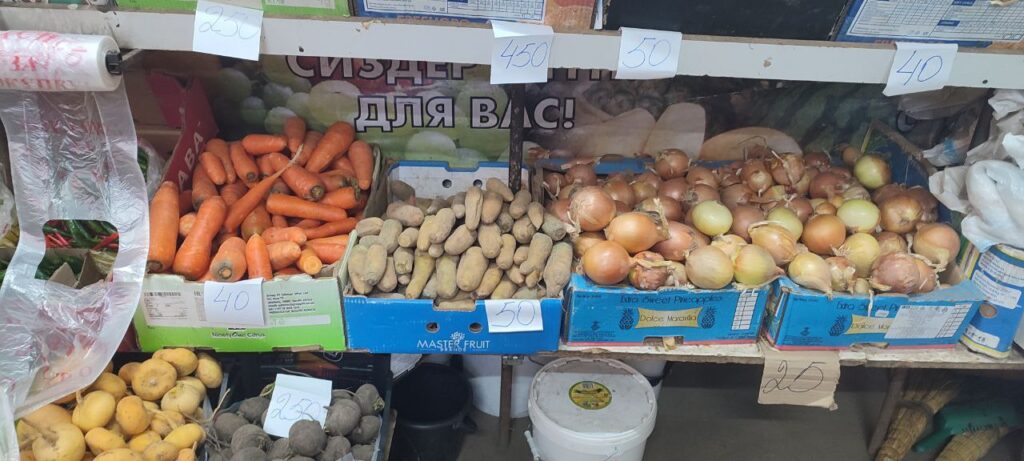Uzbekistan and Chinese Biotech Firm Plan Joint Agri-Projects
Uzbekistan’s Deputy Minister of Investment, Industry and Trade, Ilzat Kasimov, met with representatives of China’s Xinjiang Huijia Biotechnology to discuss launching joint initiatives in agriculture and biotechnology, including the adoption of modern farming technologies. Following the talks, both parties agreed to deepen cooperation and pursue new projects in Uzbekistan’s agricultural and biotech sectors. Founded in 2021, Xinjiang Huijia Biotechnology is a leading Chinese producer of stevia and natural sugar substitutes. The company processes around 10,000 tons of stevia annually. Its sweetener products, plant-derived, significantly sweeter than sugar, and nearly calorie-free, are widely used across the food, pharmaceutical, cosmetic, and chemical industries. According to the ministry, cultivating stevia and developing sugar substitute production in Uzbekistan would allow the country to enter the rapidly growing global market for natural sweeteners, driven by increasing demand for healthier food options. This agro-biotech collaboration marks another step in the accelerating economic partnership between Uzbekistan and China. Bilateral trade reached approximately $14 billion in 2024, up from $13 billion the previous year, with both sides aiming to raise the figure to $20 billion in the near future. Chinese business activity in Uzbekistan has expanded significantly. As of early 2025, around 3,467 Chinese companies were operating in the country, an increase of over 1,000 from the previous year. Officials report that Chinese investment in Uzbekistan has grown fivefold since 2017, with a joint project portfolio exceeding $60 billion across sectors including energy, infrastructure, manufacturing, and smart agriculture.






